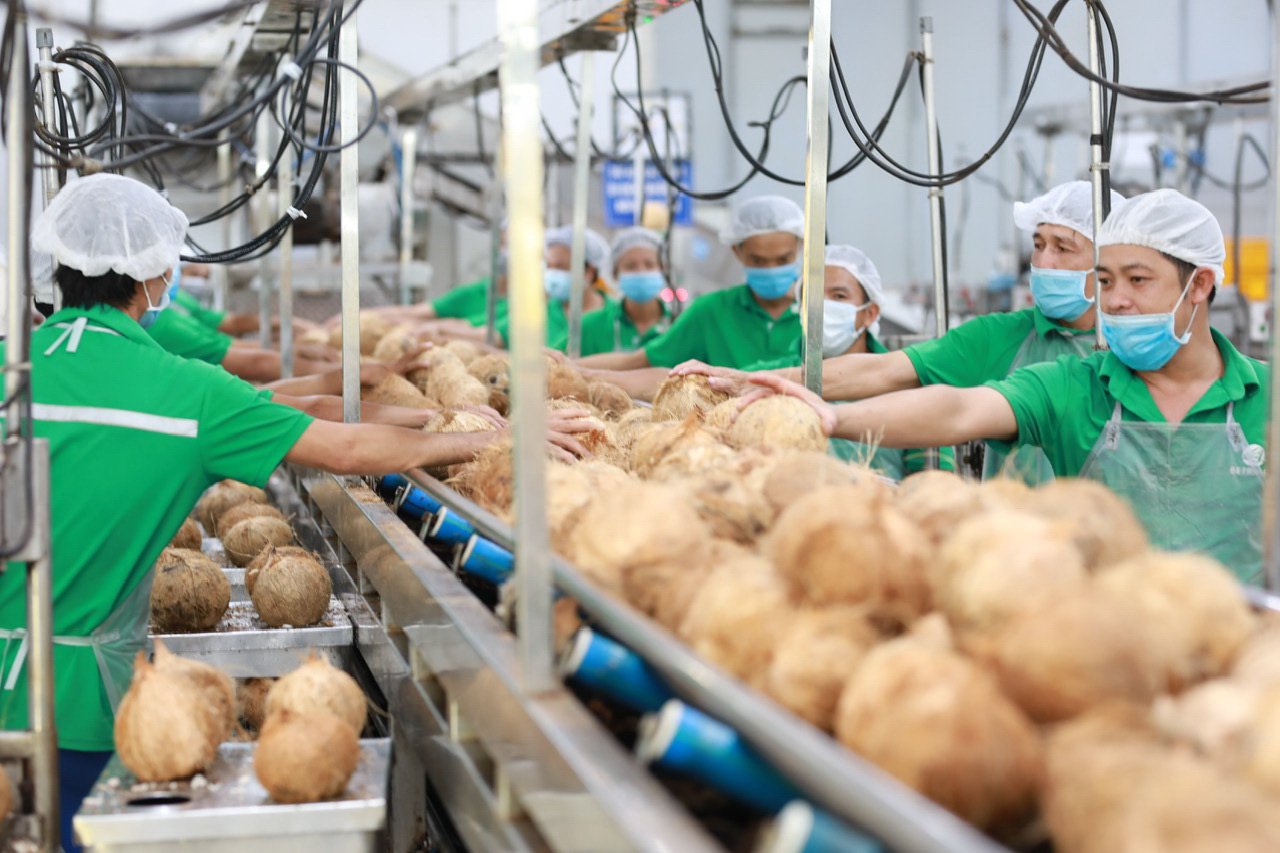
Businesses must transform to be able to access green credit. In the photo: Betrimex was granted a short-term credit by UOB to serve the export of products with Organic certification - Photo: BT
Green transformation for sustainable development
Saigon Investment Finance Newspaper (under Saigon Giai Phong Newspaper) has just coordinated with the Center for Business Research and Enterprise Support to organize a workshop on "Green Finance: Sharing benefits and risks between businesses and banks". At the workshop, experts said that in the global playground, Vietnamese businesses are facing great pressure to commit to green transformation.
Meanwhile, the lack of green capital and financial support from banks and the Government remains a significant challenge.
Representative of the research team, Dr. Ho Quoc Tuan, University of Bristol (UK), said that climate change is one of the obvious challenges of our time, causing a series of observable consequences for the environment, economy and society.
Quoting former United Nations Secretary General Ban Ki Moon: "There is no Plan B for the environment because we do not have a Planet B", Dr. Ho Quoc Tuan suggested that the concept of sustainable finance should be included in financial management.
He also said that the European Union (EU) will soon require banks to report financial risks related to climate change, which will impact banks' balance sheets.
Green credit must be expanded for small and medium enterprises.
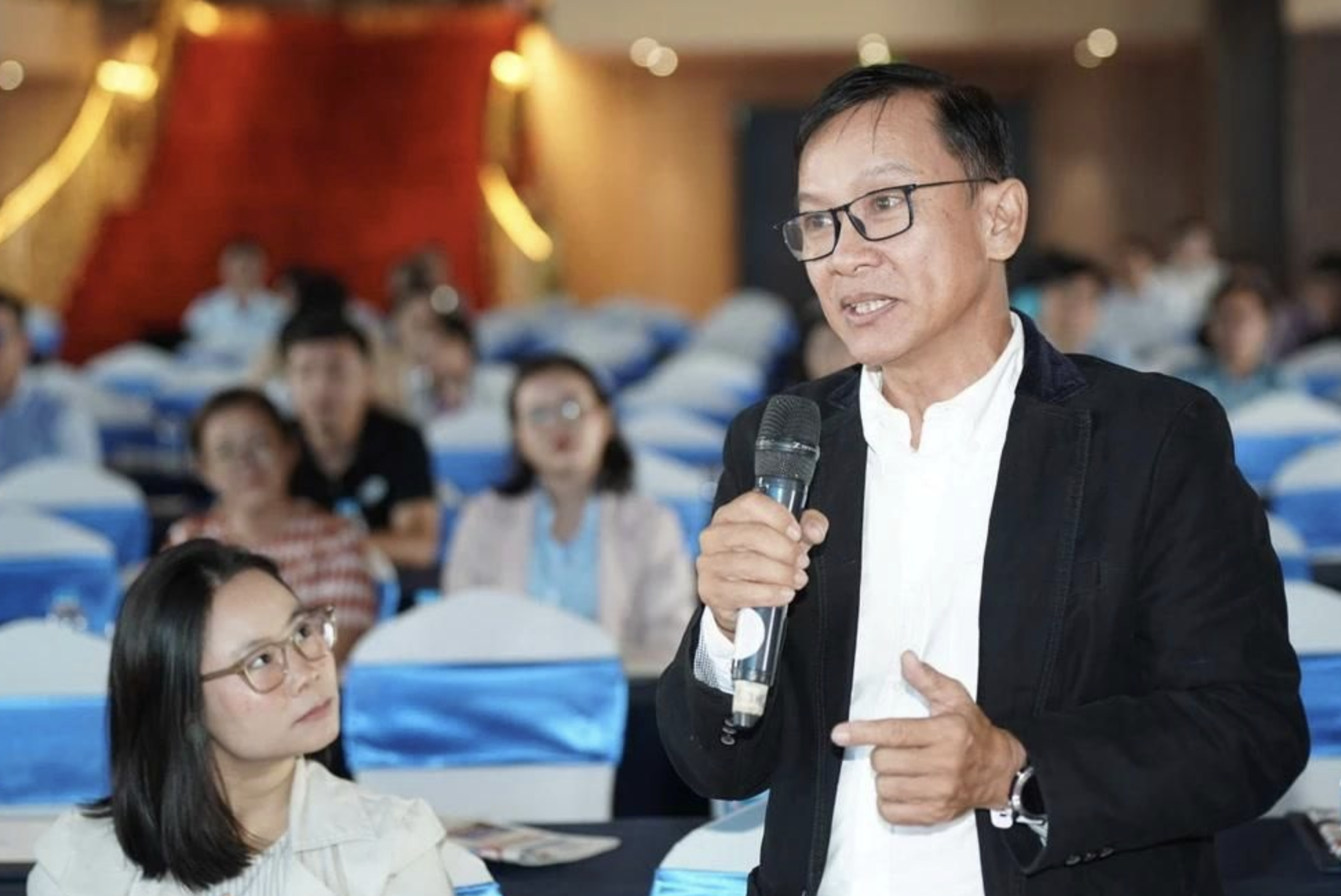
Mr. Ton That Hac Minh, Chief Consultant, Smart Energy and Environment Joint Stock Company - Photo: HH
In the country, Dr. Tran Du Lich said that since 2015, Vietnam has started the process of applying green credit. At that time, the State Bank and the International Monetary Fund (IMF) issued a handbook for 15 industries on the application of green credit development. Up to now, the growth rate of green credit is relatively high, but accounts for a small proportion of total outstanding credit.
"The current problem is how to expand green credit to small and medium enterprises because developing renewable energy, green energy, such as biomass electricity, reducing emissions... requires a huge amount of credit for businesses.
To solve this problem, there are some regulations in the legal framework, but in order for businesses to access credit, we must clarify green criteria and environmental measures. In terms of capital, not only commercial banks but also international capital sources, investment funds, etc. must be taken advantage of to prioritize the green economy," said Dr. Tran Du Lich.
Mr. Tran Hoai Phuong, director of corporate customers at HDBank, said that to access this source of capital, businesses must proactively make green transformations and must present the green model they are pursuing to banks.
Currently, agricultural export enterprises have the most difficulty accessing green credit because this is a field subject to more stringent conditions.
Mr. Ton That Hac Minh, Chief Consultant, Smart Energy and Environment Joint Stock Company, said that when interacting with the business community, most of them encountered challenges regarding ESG. For a long time, businesses often thought that ESG belonged to large companies. Therefore, ESG must be popularized so that small businesses can still do it.
"Only when the economy's green credit increases from about 3-4% to 30-40% of total outstanding credit, will the green economic transformation be considered a good result. This is an important indicator to evaluate the green transformation," Dr. Tran Du Lich stated.
Source: https://tuoitre.vn/phai-chuyen-doi-xanh-vi-khong-co-ke-hoach-b-cho-moi-truong-2024101916365086.htm


![[Photo] 60th Anniversary of the Founding of the Vietnam Association of Photographic Artists](/_next/image?url=https%3A%2F%2Fvphoto.vietnam.vn%2Fthumb%2F1200x675%2Fvietnam%2Fresource%2FIMAGE%2F2025%2F12%2F05%2F1764935864512_a1-bnd-0841-9740-jpg.webp&w=3840&q=75)




![[Photo] National Assembly Chairman Tran Thanh Man attends the VinFuture 2025 Award Ceremony](/_next/image?url=https%3A%2F%2Fvphoto.vietnam.vn%2Fthumb%2F1200x675%2Fvietnam%2Fresource%2FIMAGE%2F2025%2F12%2F05%2F1764951162416_2628509768338816493-6995-jpg.webp&w=3840&q=75)
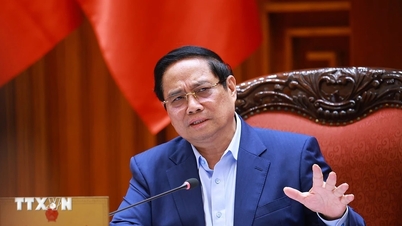

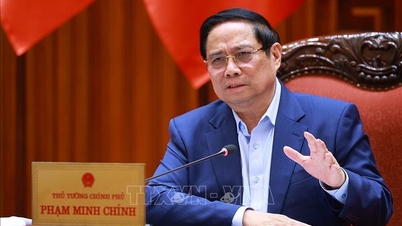




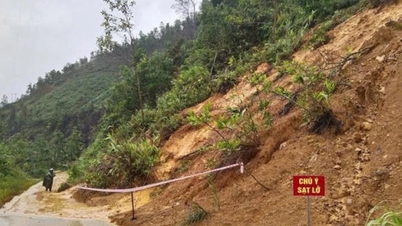


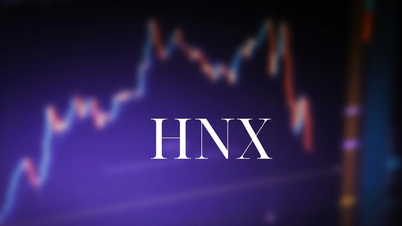

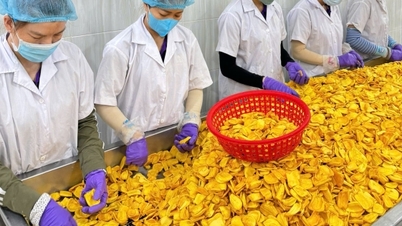





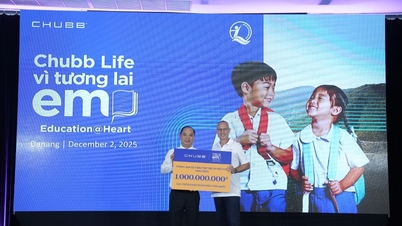




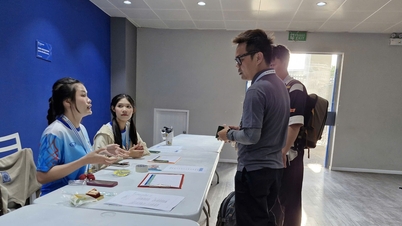


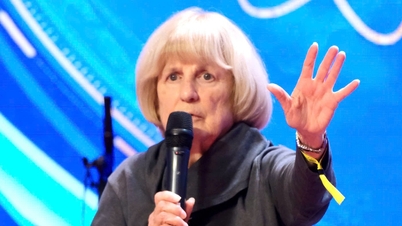










































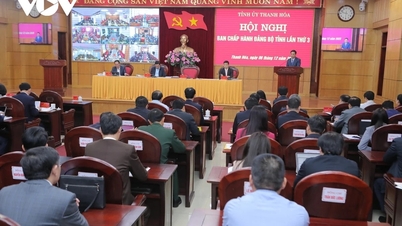




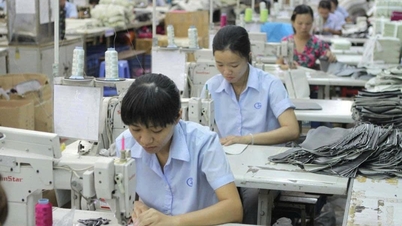
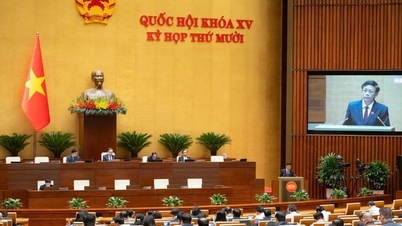
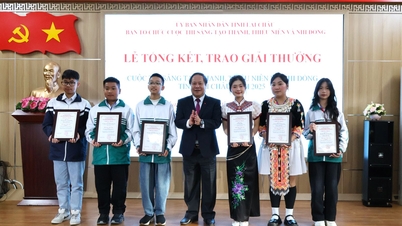




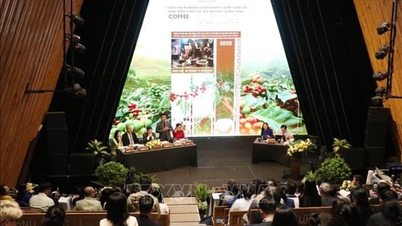




















Comment (0)